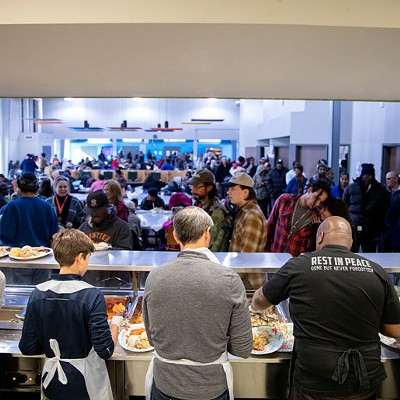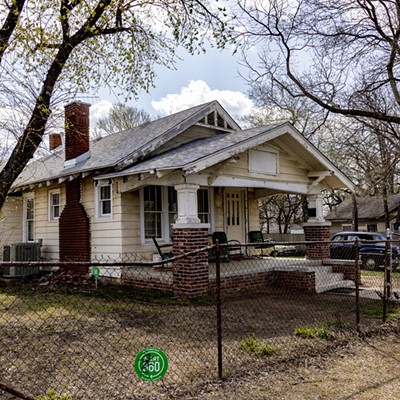The nationwide Children’s Defense Fund is the parent organization and chooses 80 to 90 book titles that are taught to the children, based around themed weeks. Working on basic skills like comprehension and recognition, executive director Amy Brooks-Young said each class has about 10 scholars with one leader, aka a college intern.
“Everything is introduced with a song or chant,” said Brittany Johnson, University of Central Oklahoma education senior. “Sometimes we sing ‘Happy Birthday’ Stevie Wonder-style.”
A Freedom School intern for three years, she said what she’s learned will help her when she graduates.
“You don’t get this type of training until you’re about to graduate,” Johnson said.
Intern Am’re Ford said training helped him get ready to teach children and “impact their lives.”
“Be prepared to sing all day long,” Ford said about training. “There was never really dead time, and it’s very high-energy.”
That’s energy they bring as they take scholars by the hands to dance, clap and sing. The atmosphere isn’t the only positive thing, said Brooks-Young.
“There are a lot of positive reads, because they’re about if you want to make a change in your life, you have to do that for yourself,” she said. “You can’t expect other people to just do it for you.”
Starting the day at 8 a.m., the kids stay until 3 p.m., attending classes in the morning and physical exercises like swimming, basketball or dance in the afternoon. Once a week, the children have a field lesson.
That’s what you want the kids to aspire to be: a college student.
—Amy Brooks-Young
“A ‘field trip’ is when you truly are going and you just see stuff. You run past the possums or kangaroos or whales,” Brooks-Young said. “A ‘field lesson’ is when you actually take time. There’s certain learning objectives that you want to accomplish; you take time to figure out what you’re doing and what you’re learning about.”
For example, the field lesson to the zoo covers camouflage and a chance to practice their new skills.
Brooks-Young said Freedom School is free and accepts 50 scholars each year.
“It’s a safe place to go. It helps the kid not have the summer slide, because I will tell you as a teacher, after state testing, their little brains are just exhausted,” she said. “They love the college kids because they’re that bridge between kid and teacher — they’re fun and interesting and from the community.
“That’s what you want the kids to aspire to be: a college student. And for many of them, that’s not necessarily what they see at home.”











